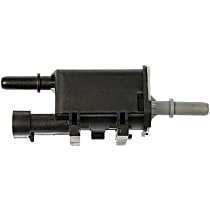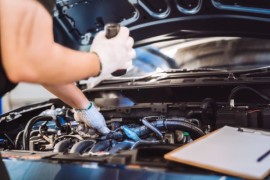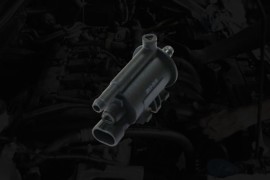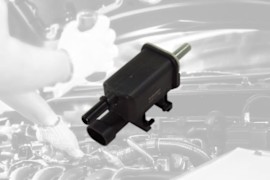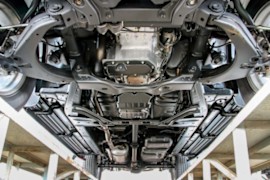{
"lazyNodes": false,
"abFitnotesFlag": false,
"abCrawlReviews": true,
"productOptionsCookie": false,
"orderDelayFlag": false,
"skipSessionCookie": false,
"covidMessage": false,
"fullTitleCookie": false,
"nrLoggerCookie": true,
"checkoutReviewCookie": false,
"productOptionSeqCookie": false,
"maintenanceFlag": false,
"bufferETACookie": false,
"multiShippingDiscountFlag": false,
"newFitmentFlag": false,
"surveyOptInFlag": true,
"crossSellFlag": false,
"skuMappingFlag": false,
"paySplitCookie": false,
"callDisableFlag": true,
"zipPaymentFlag": "c",
"hassleFreeReturn": true,
"lifetimeReplacement": true,
"cpn_off": false
}Need help?Chat with us
2014 Isuzu NPR-HD
2014 Isuzu NPR-HD Vapor Canister Purge Solenoids
Refine by:
Shop Catalog
Showing 1 - 1 of 1 results
Sort by:
Part Number: RB911032
Guaranteed to Fit
$32.99
Vehicle Fitment
- 2014 Isuzu NPR-HD Base 8 Cyl 6.0L
Product Details
Notes : 2-Vacuum Connector; 2-Pin Connector/TerminalWarranty : Lifetime Dorman limited warrantyQuantity Sold : Sold individuallyProp 65 Warning :
![]() WARNING: This product can expose you to chemicals including Lead, which is known to the State of California to cause cancer and birth defects or other reproductive harm. For more information go to www.P65Warnings.ca.gov.
WARNING: This product can expose you to chemicals including Lead, which is known to the State of California to cause cancer and birth defects or other reproductive harm. For more information go to www.P65Warnings.ca.gov.
Page 1 of 1 | Showing 1 - 1 of 1 results
Top Rated Products
Popular Products

DormanVapor Canister Purge Solenoid - Direct Fit, Sold individuallyManufacturer #911-032
( Reviews) Questions, Answers
DORMAN – OE REPLACEMENT VAPOR CANISTER PURGE SOLENOIDS
Dorman’s OE replacement vapor canister purge solenoids restore optimum siphoning of fuel vapors from your EVAP system to the engine. Since 1918, Dorman Products has supplie...
Product Questions & Answers
Q:Do you have the two hoses in a complete kit?
Richard R.
A:BEST ANSWERHi Rick, I'm pleased to assist you. I can't answer your question due to the lack of information. I suggest calling our parts specialists at 1-866-529-0412 to provide the vehicle information so we can help you look for the right part. Have a nice day. Show less
Grace G.
2 Questions, 1 AnswerView all Q&As >
Helpful Automotive Resources
P0466 Code: EVAP Purge Flow Sensor Circuit Range / PerformanceNote: The definition of code P0466 might differ according to the vehicle manufacturer. Check the appropriate repair manual or repair database for the exact code definition.
The EVAP system prevents fuel vapors from entering the atmosphere by trapping the vapors in a vapor canister, then “purging” the vapors into the engine
P0458 Code: Evaporative Emission System Purge Control Valve Circuit LowThe purge valve sits on the line between the EVAP canister and intake manifold and only opens when the engine is running under certain operating conditions. This then creates a vacuum in the EVAP system.
P0465 Code: EVAP Purge Flow Sensor CircuitAlthough EVAP systems in general date back to the 1970s, the modern enhanced systems appeared in 1994, then became ubiquitous on passenger cars and light trucks. By 1997, enhanced EVAP systems became almost standard EVAP. This was part of the OBD2 protocol, but even after OBD2, there were both enhanced
Canister Purge Valve Solenoid: Symptoms, Replacement CostWhen the engine is off, fuel vapors from the gas tank are stored in the canister. The canister contains activated charcoal, which traps the vapors until the engine is running and conditions are correct for a vapor purge.
P0499 Code: Evaporative Emission System Vent Valve Control Circuit HighThe EVAP system consists of hoses, valves, and a charcoal canister. To prevent vapors from being released into the atmosphere, they are routed into the charcoal canister, then into the intake airflow where they are burned in the engine.
